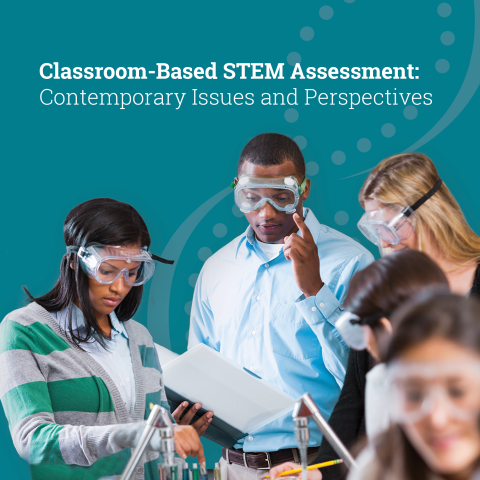Design Talks: Whole-Class Conversations During Engineering Design Units
Teacher-facilitated whole-class conversations can help elementary students apply the full power of the NGSS science and engineering practices to an engineering design process. In this article we describe and provide examples for five kinds of Design Talks. Each type of Design Talk centers on a different framing question and is facilitated by specific prompts that help students voice their ideas and make connections to others' ideas.
Teacher-facilitated whole-class conversations can help elementary students apply the full power of the NGSS science and engineering practices to an engineering design process. In this article we describe and provide examples for five kinds of Design Talks. Each type of Design Talk centers on a different framing question and is facilitated by specific prompts that help students voice their ideas and make connections to others' ideas.
